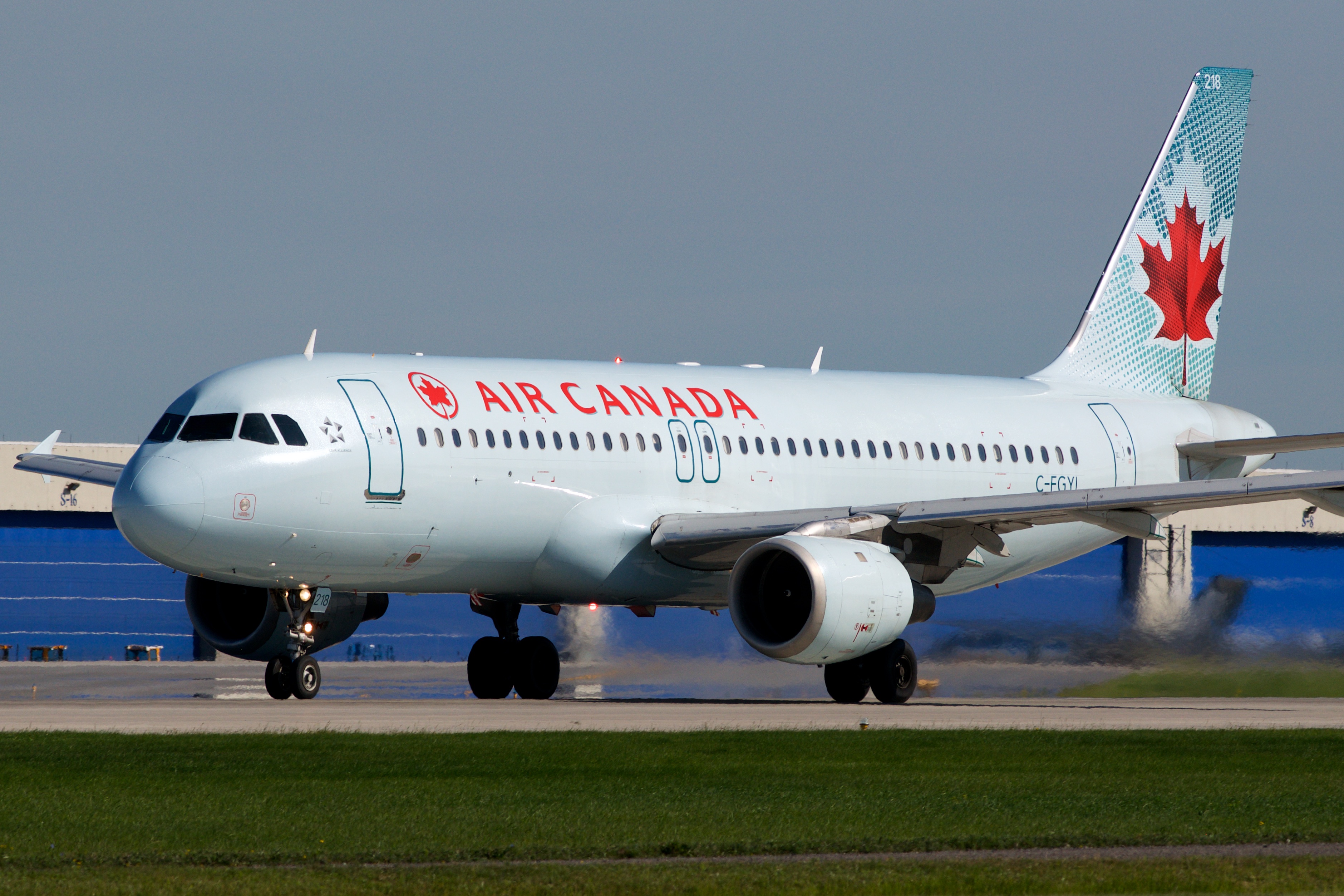Air Canada flight attendants announced on Sunday that they would continue their strike and ignore what they say is an unconstitutional government order to return to work, which they said should have been back at work by now, Reuters reports.

The Canadian Union of Public Employees (CUPE) confirmed in a statement that members would continue their strike and called on Air Canada to return to the negotiating table “to reach a fair agreement.” On Saturday, Prime Minister Mark Carney’s government stepped in to end the strike, which was launched by more than 10,000 flight attendants at the country’s largest airline.
The Canada Labour Relations Board (CIRB) has granted the government’s request and ordered binding arbitration to break the deadlock over the collective agreement — a move Air Canada had requested but the union fiercely opposed. The Canada Labour Code gives the government the ability to seek CIRB intervention to protect the economy. The Trudeau government intervened last year when rail and port strikes threatened the economy — but it is rare for a union to openly defy a CIRB order.
Air Canada said it would resume flights Sunday night, expecting the strike to end. The strike resulted in the cancellation of about 700 flights on Saturday, leaving more than 100,000 passengers stranded at airports. The flight cancellations began on Thursday as the airline prepared for the strike.
It was the first time Air Canada flight attendants have gone on strike since 1985. The strike followed months of fruitless negotiations over a new collective bargaining agreement. The airline said Sunday that additional flight cancellations were expected in the next 7 to 10 days.
The main point of contention was ground pay – the demand that flight attendants be paid even when the plane is not moving or when they are helping passengers board. Currently, they are mostly only paid during the flight. CUPE says arbitration would relieve the airline of real bargaining pressure – which is why they are pushing for a negotiated solution.
Air Canada confirmed on Sunday that the CIRB has ordered that the terms of its collective bargaining agreement, which expired on March 31, be temporarily extended until a new agreement is reached. The development of the dispute could set a precedent in Canada as the union openly defied a binding arbitration decision, which could have serious legal and political consequences.

